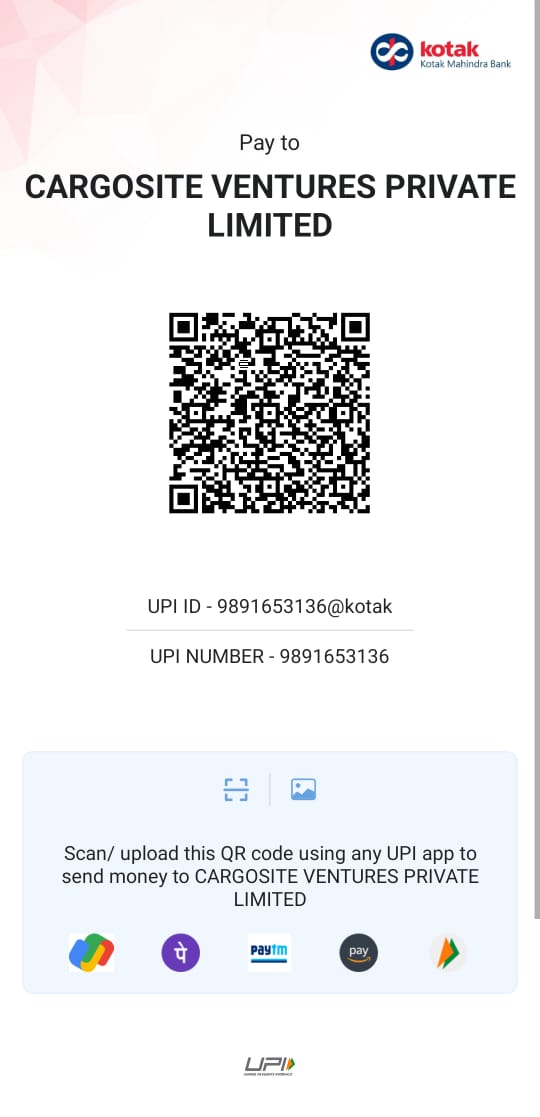Food Safety and Security Act 2006 is an Act and FSSAI has been placed under that establishes standards for food products based on science and coordinates their production, storage, shipping, sales and imports.
Overview of FSSAI Registration:
FSSAI (Food Safety and Standards Authority of India) is a premier government body that underpins standards for the selling, packaging or storage of food items in India. To ensure utmost food safety, the FSSAI has mandated every food business operator to secure an applicable food license. FSSAI functions under the aegis of the Ministry of Health and Family Welfare and the Government of India. FSSAI outlines various guidelines and standards in accordance with the Food Safety and Standards Act 2006.
FSSAI Basic Registration generally covers the small FBOs. It is entirely distinct from the FSSAI central and state license. FSSAI Basic registration can be secured electronically by filling the FSSAI registration form on an electronic system known as Food Licensing & Registration System (FLRS).
FLRS also enables the applicant to track the submitted application during the processing stage. Almost 35 States/Union Territories have been granted a license/registration certification electronically. The FSSAI license is usually granted for a timeframe ranging from 01-05 years. The license holder should renew their certification before thirty days of the expiration date via the FLRS portal.
Key Functions performed by FSSAI in India:
- Outlining rules and regulations pertaining to food safety and awareness.
- Granting food licenses to eligible food businesses.
- Setting out procedures & norms for food testing labs.
- Facilitating recommendations to GOI in outlining new policies.
- Collecting data related to contaminants in food articles.
- Identifying the potential risks in the food sector or supply chain of food.
- Conducting an on-site inspection of the premises dealing with food processing or manufacturing.
- Leveraging rapid alert system for speedy detection of problems with food items available to masses.
FSAAI has underpinned a stringent operating framework for proprietary food units as most of them operate without any regulations. The authority has not allowed these entities to function without legal consent. It is vital for entities in the food sector regardless of their scope of operation and annual turnover to register with FSSAI.
Benefits of FSSAI Registration:
Despite being a legal compulsion the FSSAI Basic Registration renders dozens of benefits to the Food business operators. The common benefits of securing FSSAI Basic Registration include:
- Ensure better customer retention.
- Instill trust among the target consumer.
- Allow the business to thrive without legal hassles.
- Ensure business expansion and better earning.
Documents Required for FSSAI Registration:
- Photo identity of the FBO.
- Identity proof such as a Voter Id, Ration Card, PAN Card, DL, Aadhaard Card, Passport, Senior Citizen Card etc.
- List of proposed food articles.
- Form-B (duly filled and approved by the applicant).
- Partnership Deed/ Certificate of Incorporation (COI)/ Memorandum of Association(MOA)/ Articles of Association (AOA).
- Proof of the business place such as a lease or rental agreement.
- Food safety management system (FSMS) plan.
- Supporting dossiers (if any0 such as NOC of Panchayat/ Municipality, health NOC.
- List of raw materials suppliers.
- Form IX.
- Water test report facilitated by certified NABL certified lab.
- Import-export code (aka IEC) granted by DGFT.
- List of machines and equipment present at the facility.
- List of directors and Partners list.
Fees:
For a customized and attractive quotation, please contact with your product details to Rekha Atri (+91 98118 03136) or Manju Laur (+91 9711994042).
Process to Apply for FSSAI Registration:
- Every petty FBO shall register themselves with the Registering Authority (RA) by furnishing a registration form (Form A) under schedule 2 of these regulations along with standard fee as cited in Schedule 3.
- The petty food manufacturer shall comply with underlying hygiene & safety norms cited in Part I of Schedule 4, of these norms & facilitate a self-attested document cum declaration of adherence to these norms with the form in the format cited in Annexure-1 under Schedule.
- The Registering Authority (RA) shall consider the application form and may either accord registration or revoke it with concrete reasons to be recorded in written or grant notification for inspection within seven days of receipt of a registration form.
- In the case of an inspection being executed, the registration shall be accorded by the RA after being satisfied with the underlying conditions for safety, hygiene and sanitary of the premises as cited in Part II of Schedule $ within the timeframe of 30 days.
The Registering Authority (RA) or any institution authorized for this purpose shall inspect the registered business place at least once a year.
If registration is not accorded or revoked or inspection does not take place within 07 days cited in above sub-regulation (3) or no decision is communicated within thirty days timeframe as cited in the above sub-regulation (4), the business owner may commence it’s business undertaking, provided that it will be incumbent on the FBOs to meet any improvement directed by the RA even later.
Provided that registration shall not be refused without giving the applicant an opportunity of being heard and for reasons to be recorded in writing:
The Registering Authority (RA) shall accord a registration certificate & a photo identification card which shall be displayed at a business place at all times or cart or vehicle or any other place where the individual carries the food business in case of Petty Food Business.
The Registering Authority (RA) or any institution authorized for this purpose shall inspect the registered business place at least once a year.
products cover under
this certificate





